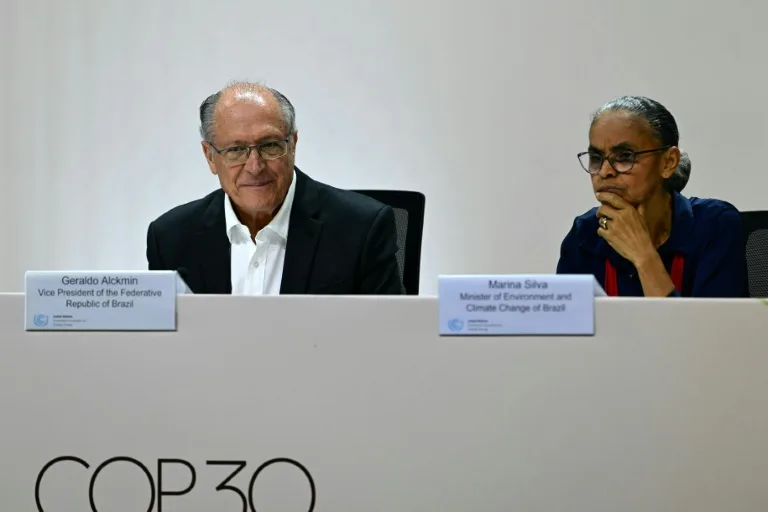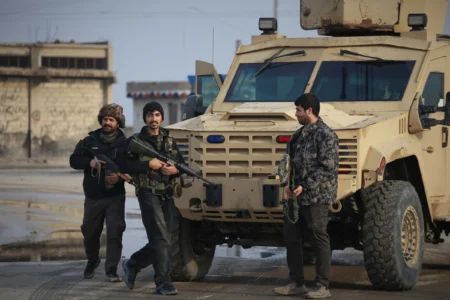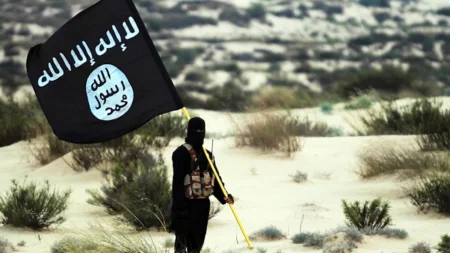Brazil is pressing for a breakthrough at COP30, the UN climate summit in Belem, as nations work to finalize a deal on fossil fuels, finance, and trade barriers. President Luiz Inacio Lula da Silva is set to make an unexpected return on Wednesday, highlighting Brazil’s push for rapid progress.
Negotiators spent a sleepless night drafting proposals on trade measures, financial support for poorer countries, and the adequacy of national carbon-cutting pledges. Brazil hopes to reach an agreement by midweek, signaling urgency to resolve key differences.
“As always in this phase of the negotiations, this is a mixed bag,” EU climate chief Wopke Hoekstra said, reflecting the tensions in the early draft. UK climate envoy Rachel Kyte described it as “a little out of balance” but expressed hope that discussions with Brazil could produce a stronger text.
COP30 officials confirmed Lula will meet with negotiating groups and participate in activities to encourage swift action. Analysts said his presence is intended to pressure delegates to reach compromises quickly.
The draft highlights the divide between countries advocating for a roadmap to phase out coal, oil, and gas and oil-producing nations pushing back. More than a dozen climate ministers called for stronger language on fossil fuel exit strategies. Tina Stege, climate envoy from the Marshall Islands, stressed that references to phasing out coal, oil, and gas “must be strengthened and adopted.”
Financial support is another critical issue. The draft proposes tripling assistance from wealthy countries to help developing nations adapt to climate change by 2030 or 2035. Vanuatu’s climate minister Ralph Regenvanu called climate finance “a legal and moral obligation,” emphasizing the stakes for poorer nations.
Kenya’s climate secretary Deborah Mlongo Barasa noted that delivering promised financial aid remains the “defining test of global solidarity.” EU and other officials warned against reopening contentious debates over trade measures, with China opposing unilateral actions like the EU’s carbon import pricing.
Brazil aims to demonstrate that global cooperation on climate issues remains alive, even as the United States boycotts the summit and other countries juggle competing priorities. Josephine Moote, Kiribati’s permanent representative, said the summit must show that multilateralism is “alive.”
COP30 organizers expect the marathon talks to conclude Friday, though past summits have often extended beyond schedule. Brazil’s aggressive timeline reflects its commitment to push negotiators toward agreement while balancing the interests of industrial and developing nations.
The summit represents a critical moment for global climate diplomacy, with urgent decisions on fossil fuels, financial support, and trade measures shaping the world’s response to climate change for years to come.







